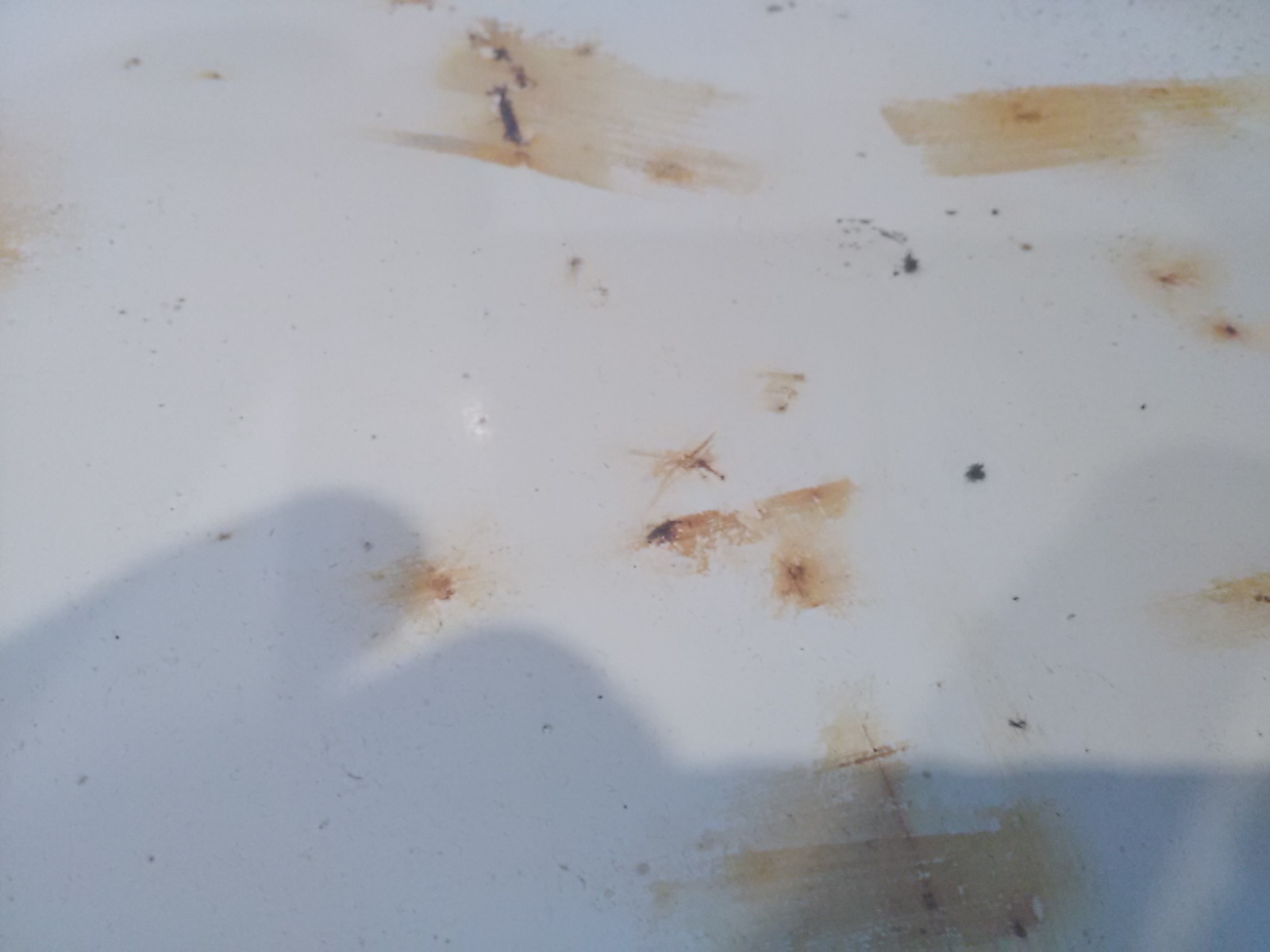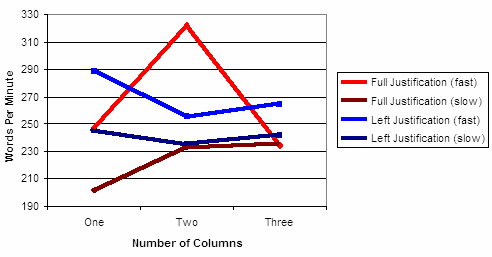- 15 Posts
- 39 Comments

 2·7 months ago
2·7 months agoIndeed. We also have to consider that it has become popular¹ to boycott the US over Trump’s tariffs and US support for Israel. These boycotts would discourage the use of US tech giants, in principle.
¹ for example: !buyeuropean@feddit.uk
I struggle to believe water pooled up enough to carry stuff. Condensation is possible perhaps to the extent of having some invisible amount of sweat. Unless there were puddles that formed and evaporated before I saw it. Though it’s a short fridge. The top of it is at eye level so I see the top every day.
Here’s another pic:

It does not wipe off with a rag. I have some proprietary rust stain removal liquid, which I think is intended for when rust gets on fabric. But I guess I’ll try it on these spots. Otherwise I’m left with some kind of abrasive approach.

 1·1 year ago
1·1 year agoMight want to crosspost to !scicomm@mander.xyz, just to inject some life into that community.

 1·1 year ago
1·1 year agoAnd support Russia like a muppet? Fuck off you muppet.

 1·1 year ago
1·1 year agoI wonder if that’s a boiling frog scenario. I’m always tempted to keep increasing the heat in hot tubs after adjusting to temp. I wonder if your sister gradually moved closer as she got acclaimated to the temp.

 1·1 year ago
1·1 year agoi don’t have a microwave oven but I appreciate the suggestion.

 3·1 year ago
3·1 year agoI’m considering that as well and got some tips from here:
https://solar.lowtechmagazine.com/2024/12/how-to-build-an-electrically-heated-table/
So far my lower body is fine but in case it gets colder I have been keeping an eye out for excess waste roofing insulation in my area, which I would use for an under desk rig.
When you say your clothing becomes the chimney, that makes me wonder if I should surround myself in a insulated structure, unlike the link above where they seem to let heat escape around the legs.

 1·1 year ago
1·1 year agoThanks for the suggestion. That seems ideal because it’s directional. I could probably mount it to heat the keyboard area without adding any heat to the laptop. I’ll try to find a smaller 250 watt one so I can just heat the keyboard area.

 2·1 year ago
2·1 year agoI appreciate the tip. It’s probably around 7°C in my office where I have so far this winter fended off the urge to turn on the heat. I can see vapor when exhaling. I am bundled up except the fingers (which I leave naked to operate a keyboard). Presumably it’s normal to have cold fingers in this situation. It’s tolerable as well but I was looking for a comfort upgrade without heating the room.
(edit) I think drinking a beer helps. They call it a “beer jacket” (the effect of alcohol making you /feel/ warmer despite the fact that alcohol technically lowers the core body temp). It’s like putting on an imaginary jacket. Some drinkers go to the bar without a jacket because they plan to eventually wear a beer jacket.

 1·1 year ago
1·1 year agoFor £3 that’s certainly worth trying. I guess I would not find those locally but they look simple enough to make.

 8·1 year ago
8·1 year agoI just downloaded the manual and skimmed through pages of safety info. This was the only relevant statement about that:
“Limit the length of use and check the skin’s reaction.”
“Overly prolonged radiation may lead to the skin being burned.”Since they don’t mention a duration of exposure, I get the impression this is just pointing out the obvious for liability purposes in case someone does something foolish.
The 15 min seems to be more about protecting the device itself from over-heating. Which I suppose means it’s not well designed… overly fragile.
And I guess the lack of fan would enable the device itself to take on lots of heat.(edit: sorry, just read that it has a fan… though it could be fragile nonetheless)update: I also see that the bulb lasts 2000 hours. I’ve seen 250 watt bulbs claimed to last 6000 hours for like ~$20. So I guess this thing is garbage.
It’s a good approach. But the aluminum I have is part of a whole. A rice cooker inner pot and a wok lid. Maybe I can find a replacement wok lid.
But what about knives? Dishwashers are said to dull knives. So far I only buy middle of the spectrum chef’s knives (~<$60) so abusing them isn’t a big deal. But that means I give up the benefit of a sharp knife that keeps a long-lasting edge. If I buy high-end (which likely runs a few hundred $), then it’s a bit wasteful to abuse it in the dishwasher. I suppose there are some things that I have to accept as high-maintenance. I wonder what pro chefs do.

 2·1 year ago
2·1 year agoThey spoiled:
- red kale
- fermented fruit juice
- fermented strawberry jam
- pumpkin jam
- sourdough
but it’s unclear which led to possible benefits. With jams I would just scoop out the unexpected organisms and eat the rest. Maybe that’s not even necessary.

 2·1 year ago
2·1 year agoThey could try to say that but I doubt people would believe it.
Who throws away their own code particularly when it’s not junky commercial code but code their heart and soul was behind on a non-profit project? I keep my old code around if anything just to be able to search it to re-teach myself coding and design tips I forgot about. This code backs their research which they may need to refer to when a prospective employer asks for detail on how they executed the study.

 1·1 year ago
1·1 year agoah, I’ve seen that before… i recall the violence measurements. Glad to have a copy of that.

 7·1 year ago
7·1 year agoMaybe the acknowledgments gives a hint?
ACKNOWLEDGMENTS We would like to thank Kelly Idouchi, Manya Sleeper, James T. Graves, and Celine Berger for their contributions to this project. Similarly, we thank Chris Hoofnagle, Daniel Solove, and the attendees of the 2014 Privacy Law Scholars Conference (PLSC) for valuable feedback on an earlier version of this work.
(edit) there is also this about page and perhaps this lab was involved.

 5·1 year ago
5·1 year agoOh, wow… I wasn’t expecting that reply. I was actually looking to discuss in general how to address this variety of issue. It was a few years ago but the code would still be interesting to see. I dug this up:
https://dl.acm.org/doi/10.1145/2911988
And now that I dug back into this, I must make a correction. ACM replied to say they are looking for the missing material… then they never found it and they dropped the ball at that point and also neglected correct the description. AFAIK, ACM did not try to reach the researchers, who ignored my inquiries.
(Irrelevant trivia: ACM used to be in Cloudflare’s access-restricted walled garden, making it difficult to access research. They are still in that shitty place but at least they are now whitelisting Tor which slightly reduces their exclusivity.)









I did, but I may be wrong. Wikipedia says tea trees are used.